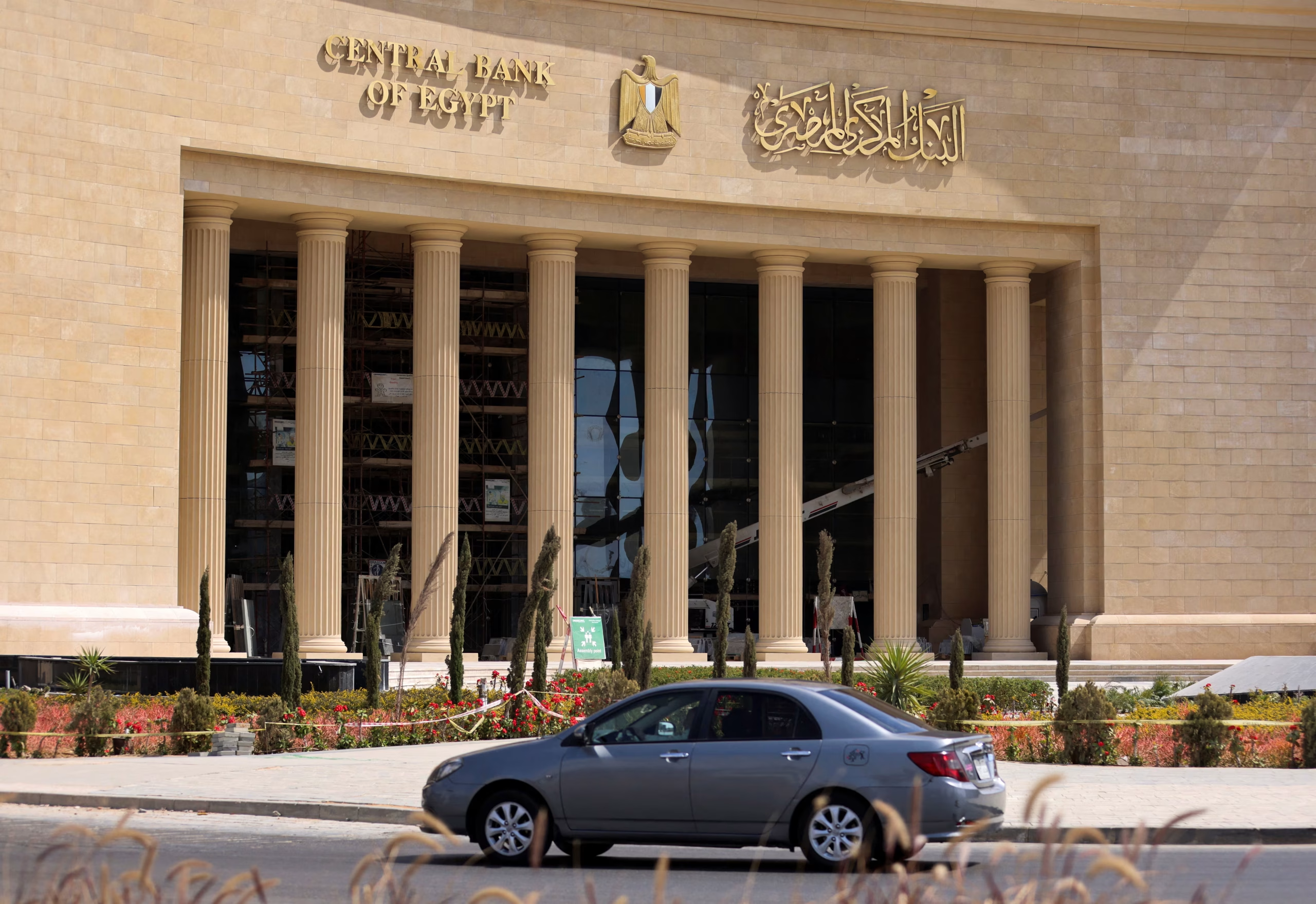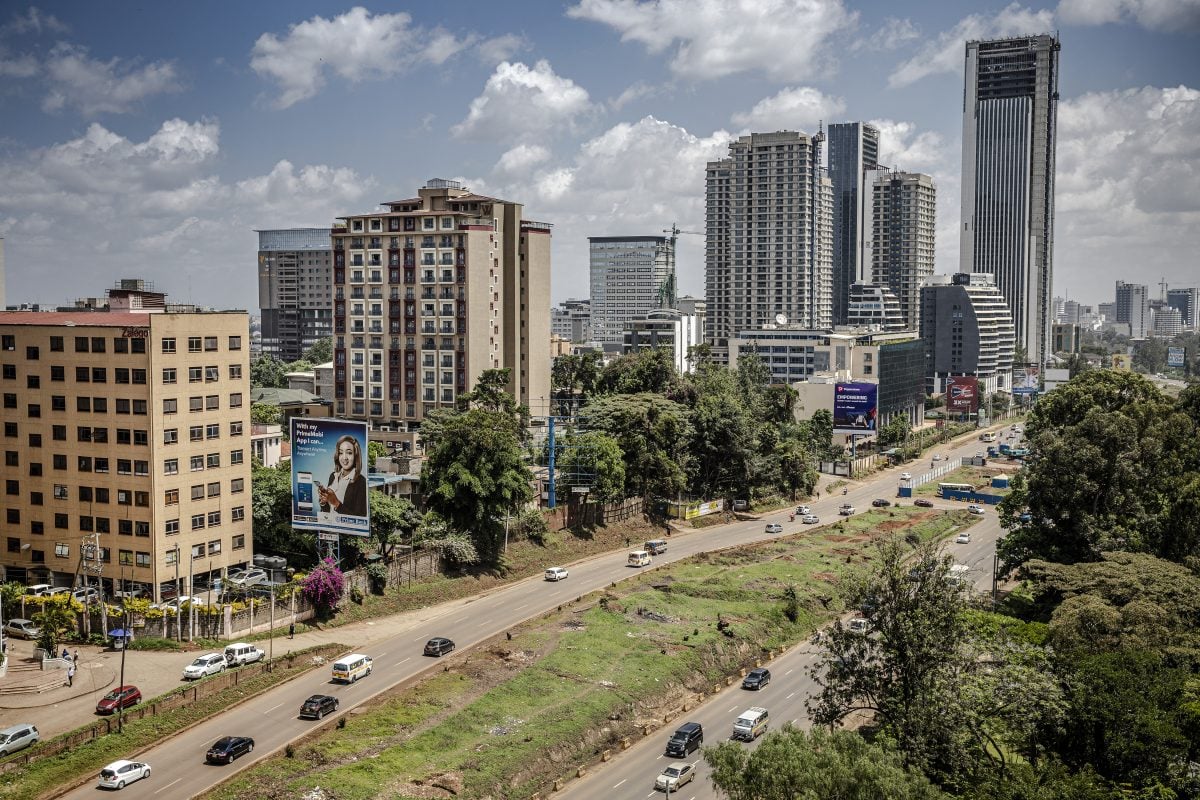

Dar es Salaam is hosting the Africa Energy Summit 2025, a pivotal gathering that began on January 27 and concludes today, January 28, 2025. The summit is focused on reshaping the continent’s energy landscape under the Mission 300 initiative. Organized in partnership with the Government of Tanzania, the African Union, the African Development Bank Group (AfDB), the World Bank Group, and the Rockefeller Foundation, the event has brought together African heads of state, global financiers, and energy experts to confront Africa’s energy challenges with actionable solutions.
On its opening day, the summit highlighted Mission 300, a transformative initiative spearheaded by the AfDB and the World Bank. Mission 300 seeks to provide electricity to 300 million Africans by 2030, addressing the stark reality that over 600 million people in sub-Saharan Africa currently lack access to reliable electricity. Dr. Akinwumi Adesina, President of the AfDB, captured the summit’s urgency by stating, “This is mission-critical. It’s about the millions who remain unseen and unheard, about small and medium enterprises striving to survive without power.” His message underscored the need for immediate, tangible results.
The opening day also featured groundbreaking financial commitments from global institutions. The Islamic Development Bank (ISDB) pledged $2.65 billion, which includes $1 billion from its core resources, $150 million through its private arm, and $1.5 billion from its trade financing division. The French Development Agency (AFD) announced plans to increase its energy investment portfolio by 50 percent, building on its existing €2 billion foundation. The Asian Infrastructure Investment Bank (AIIB) committed $1.5 billion, with its President Jin Liqun emphasizing Africa’s potential as a global growth driver. The OPEC Fund pledged $1 billion, with further support under consideration for 2027. Complementing these efforts, the Rockefeller Foundation and the Global Energy Alliance for People and Planet (GEAPP) unveiled a $30 billion concessional financing package that combines long-term, low-interest loans with philanthropic capital.
These financial pledges reinforced the role of the Rockefeller Foundation’s Mission 300 Accelerator, a cornerstone of the initiative. Andrew Herscowitz, CEO of the Accelerator, emphasized its mission to dismantle barriers obstructing energy projects. “This initiative thrives on concessional capital and philanthropic funding. Governments must step up with domestic investments and reforms to make this a success,” he explained. The Accelerator’s pipeline includes 130 projects aimed at grid expansion, mini-grids, and solar home systems. It prioritizes cost efficiency and sustainability, with renewable baseload power sources such as geothermal and hydropower forming key components.
The summit’s discussions also emphasized the critical importance of regulatory stability in attracting private sector investment. World Bank President Ajay Banga warned that unpredictable policies discourage investors, while Dr. Muhammad Al Jasser of ISDB called for clear separation between regulatory enforcement and service provision to ensure transparency and efficiency. These regulatory reforms are essential to maintaining momentum in energy development across the continent.
One of the key outcomes anticipated during the summit is the signing of national energy compacts by 12 African nations. These agreements are expected to outline reforms to enhance energy infrastructure, strengthen utilities, and attract private capital. Governments have been urged to demonstrate political will and allocate domestic resources to achieve the mission’s ambitious goals.
Tanzania, as the host nation, has showcased its leadership in energy transformation throughout the summit. Dr. Doto Biteko, Deputy Prime Minister and Minister for Energy, detailed the country’s impressive progress, noting that its energy capacity has grown from 21 MW at independence to over 3,160 MW today, with plans to expand to 4,000 MW by year-end. Sixty-one percent of this capacity will come from renewable sources, reflecting Tanzania’s dedication to sustainability. The nation also highlighted its efforts in promoting clean cooking energy, championed by President Samia Suluhu Hassan, which aims to reduce reliance on biomass fuels and improve public health. Tanzania’s regional energy collaborations, including interconnections with neighboring countries, further demonstrate its commitment to fostering industrialization and economic growth.
As the Africa Energy Summit 2025 concludes today, it has set a bold agenda for addressing Africa’s energy deficit. By uniting global stakeholders, leveraging innovative financing, and prioritizing actionable reforms, Mission 300 is poised to redefine the continent’s energy future. Dr. Adesina aptly remarked, “Without electricity, there can be no industrialization. Without industrialization, there can be no transformation.”
This historic gathering in Dar es Salaam marks a significant chapter in Africa’s journey toward sustainable and inclusive development. It lays the groundwork for a brighter and electrified future for millions across the continent.


